You did it! You were accepted into a study abroad program! For the next 4-12 months you’re going to live in a foreign country and be shaped by the many exciting adventures that await you.
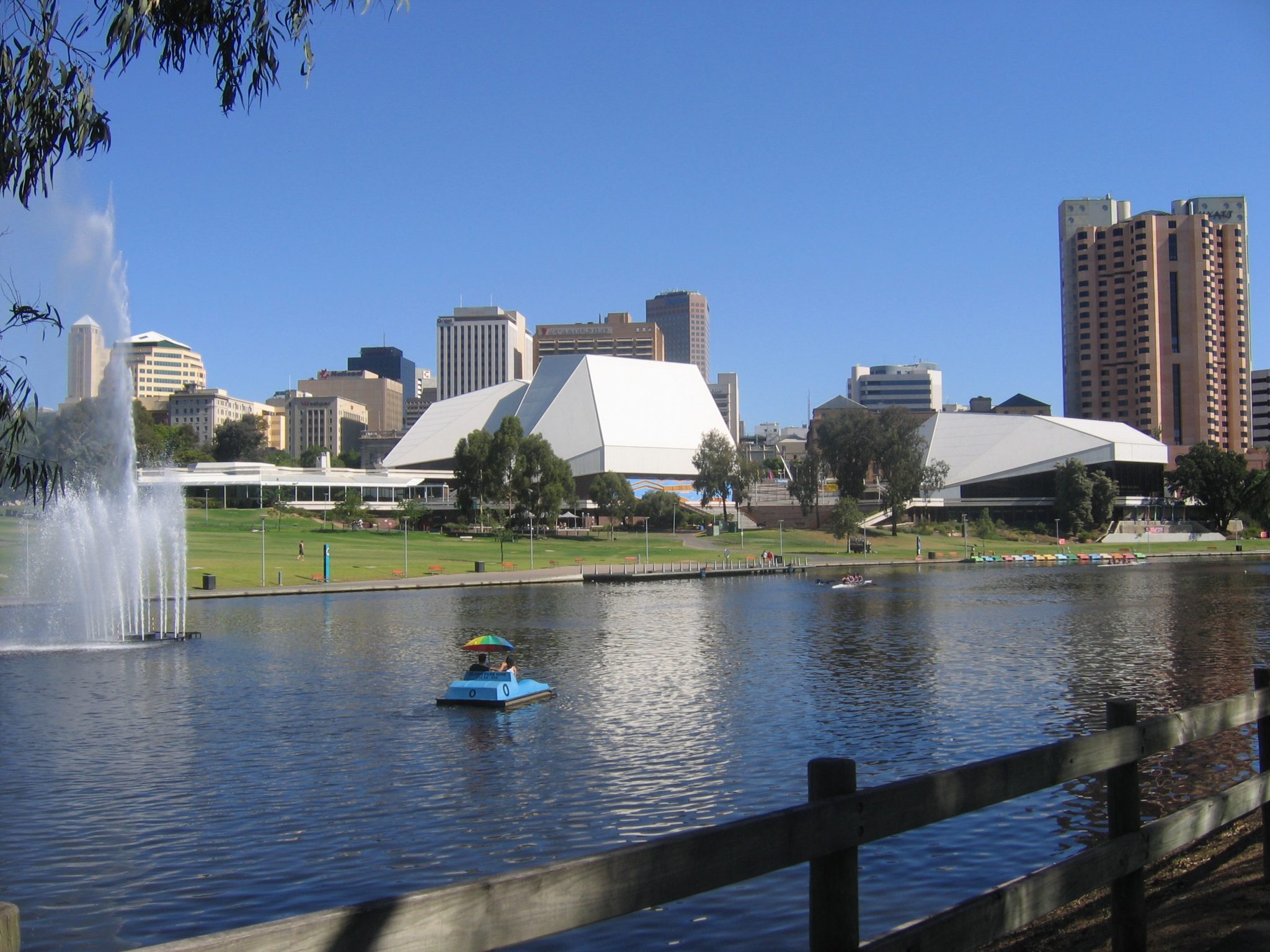



You will engage with the locals, see gorgeous landscapes and learn more self-sufficiency than ever before. The only problem is that this foreign paradise is only temporary; you will eventually have to return to your home country. When you do make the journey home, you will experience the most difficult -and often unexpected- part of your study abroad trip, a phenomena known as Reverse Culture Shock.
I experienced this devilish affliction firsthand after returning from a semester abroad in Adelaide, Australia. After four months of vacationing and immersing myself in a foreign culture, I was not keen on returning to Bloomington, Indiana. Adapting to a normal schedule was rough, but I survived. After I re-adjusted to the American life, I gained a new appreciation for all of the little things that I had originally taken for granted -like easily spreadable peanut butter.
Here are a few of the more ruthless symptoms of Reverse Culture Shock that you should be prepared for:
Adjusting to your time zone.
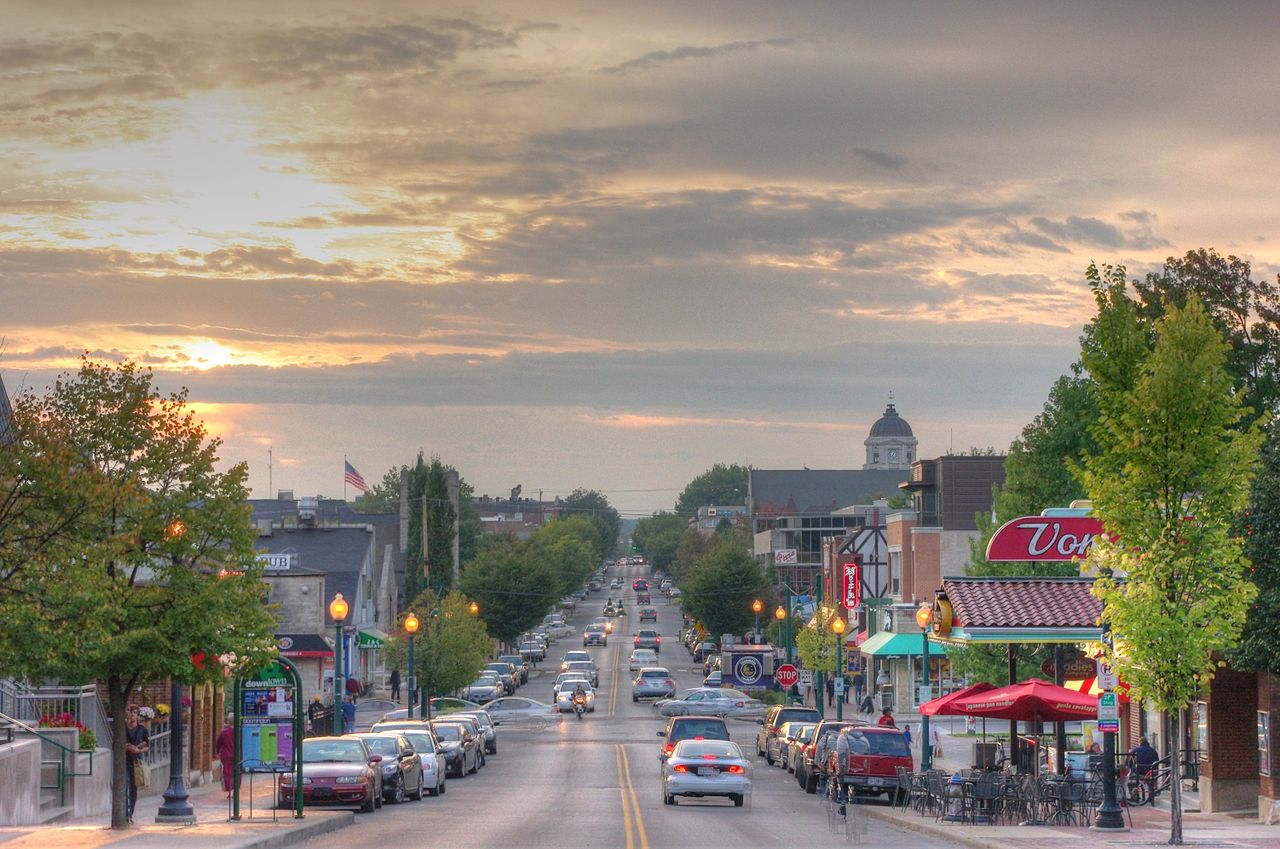



During the 20+ hour trip home, I was optimistic about joining American time. When I landed in Australia, it took me a day to acclimate to the 14 hour time difference. This was due to my excitement and determination to explore as soon as I had thrown my bags into my apartment. Because of this ease of adjustment, I believed I would have the same experience returning to Indiana. I did not. It took me about a week of untold amounts of caffeine to stop taking naps at 3 P.M. and being uncomfortably awake at 4 A.M.
Re-integrating into your social circles.
Though you were gone for at least half a year, it is important to remember that your friends did not spend every waking minute pining for your return. They had their own lives to live. Though I spent four months chatting it up with them on Skype, I missed some major life events. You will too. For example, in the time I was gone one of my friends started a new, serious relationship, and many of the others had new “inside jokes” that I simply did not understand. Realizing that I was on the outside of my own social circle, simply because I had chosen to live in another country, hurt. My friends and I decided to make it right and crammed in enough social time to make up for the 4 months I was gone. Eventually, I was again a part of the group. So don’t worry too much, your real friends will still be there when you get back.
The lack of adventure and excitement.
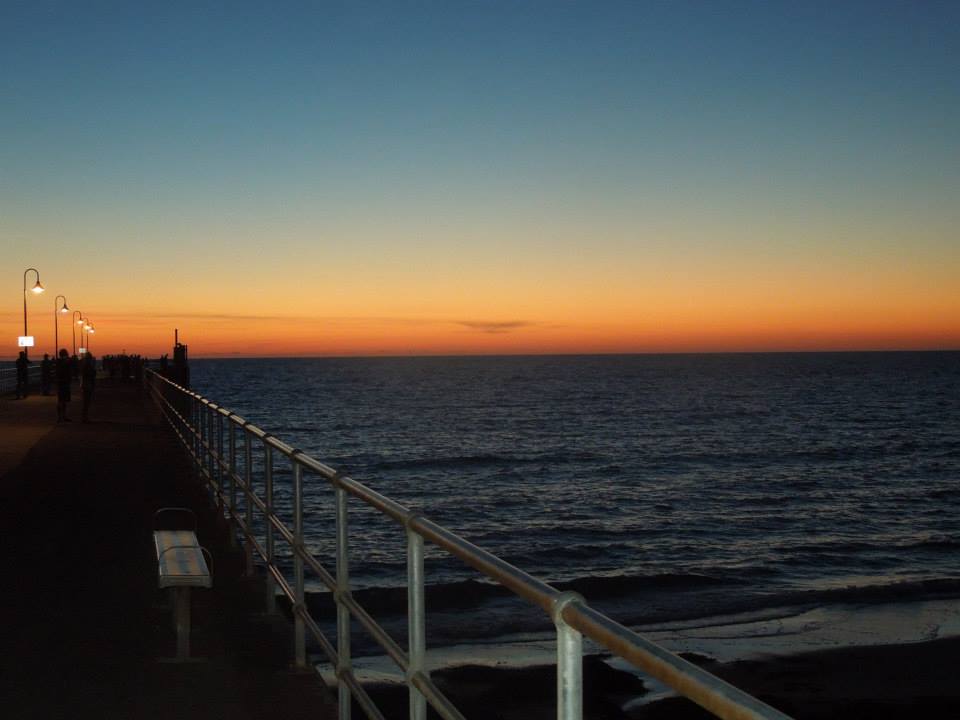



This was the hardest part for me to accept. When I lived in Adelaide, I was incredibly homesick. I missed my boyfriend and cat, I missed real nacho cheese and ketchup (that kind that’s just the “right” kind of sweet), I missed my comfortable mattress. Though these feelings sucked, I expected them. What I did not expect were the Adelaide cravings. After returning to Indiana, I experienced a different form of homesickness. I missed Adelaide’s construction-filled alleys, crammed full of busy Australians.
Woolworth’s, with it’s delicious candy and high prices. Glenelg, the most bogan Adelaidian beach we would frequent due to it’s propinquity. I never thought my heart would long for these sights that I had grown accustomed to after only a few short weeks in Australia.




When I returned to Bloomington, the charm of my favorite restaurants and bars was gone. My once-fulfilling Indiana activities bored me. Where was the adventure? The excitement? I wanted to sit by the ocean and be surrounded by Australian accents. I was not happy to be stuck in southern Indiana.
I finally accepted that I was not immediately returning to Australia after about two months back home. It may take you even longer. Overcoming Reverse Culture Shock is difficult, but it doesn’t take away from the experience of studying abroad. I look back to my Adelaide times fondly and am excited to eventually return, this time with the appreciation that I will miss it dearly when I’m gone.
[accordion_tab title=”Collegiate Correspondent: Kelsey Tharp” default]
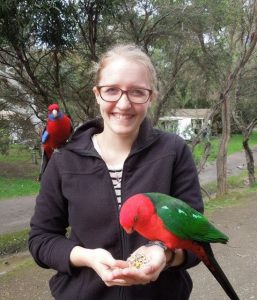




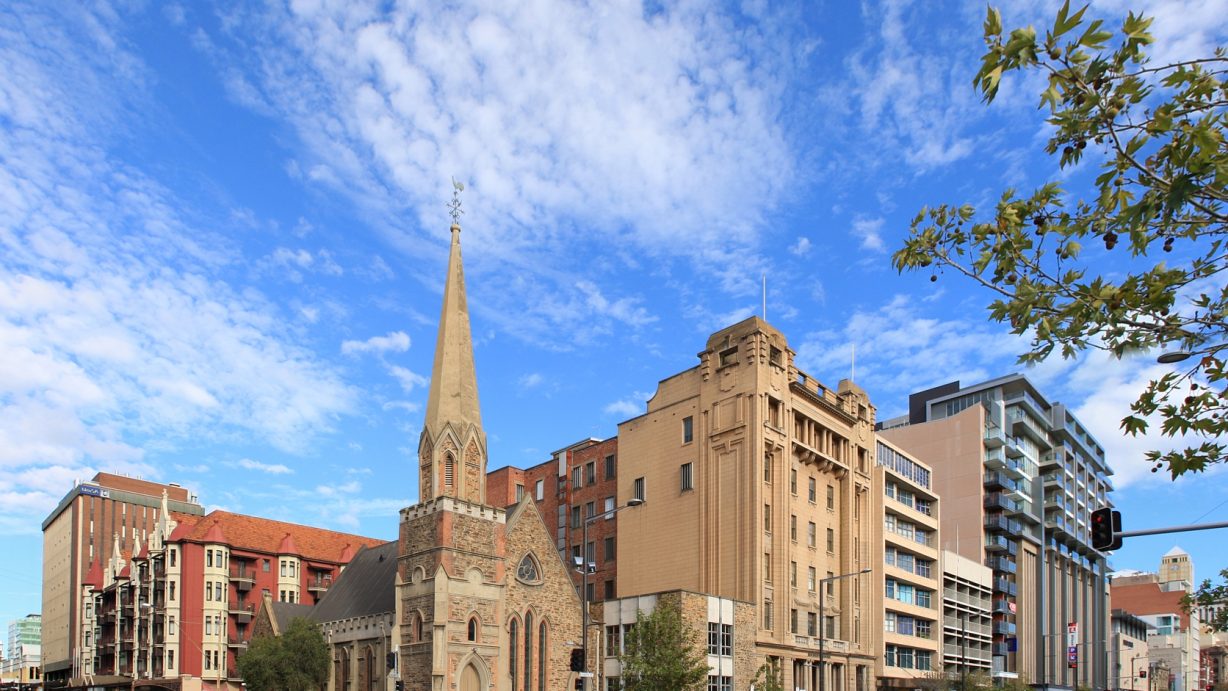
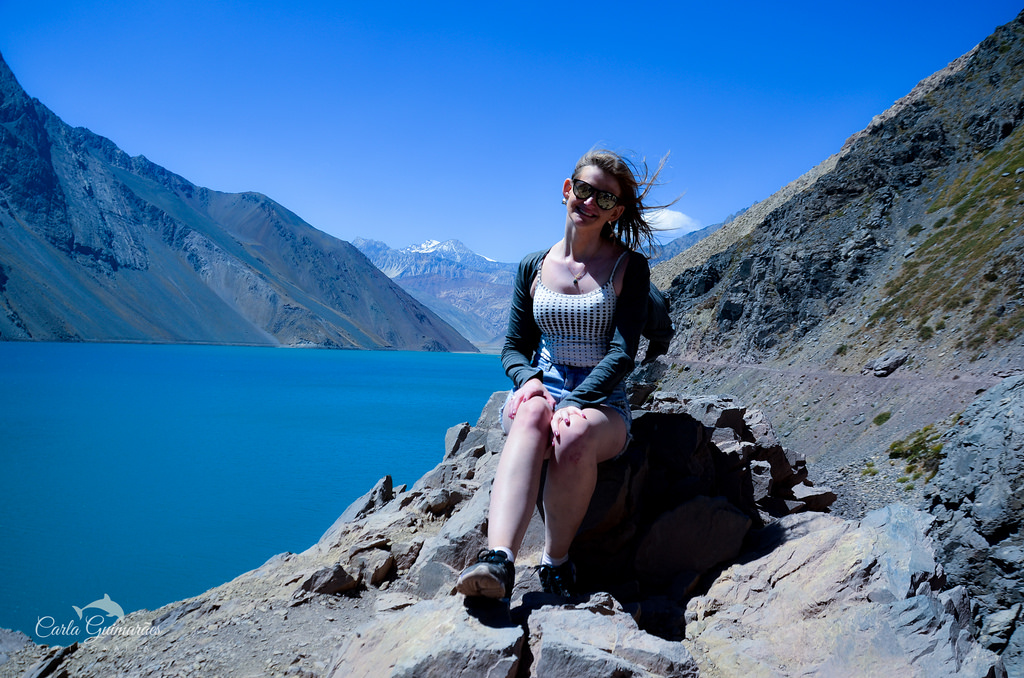

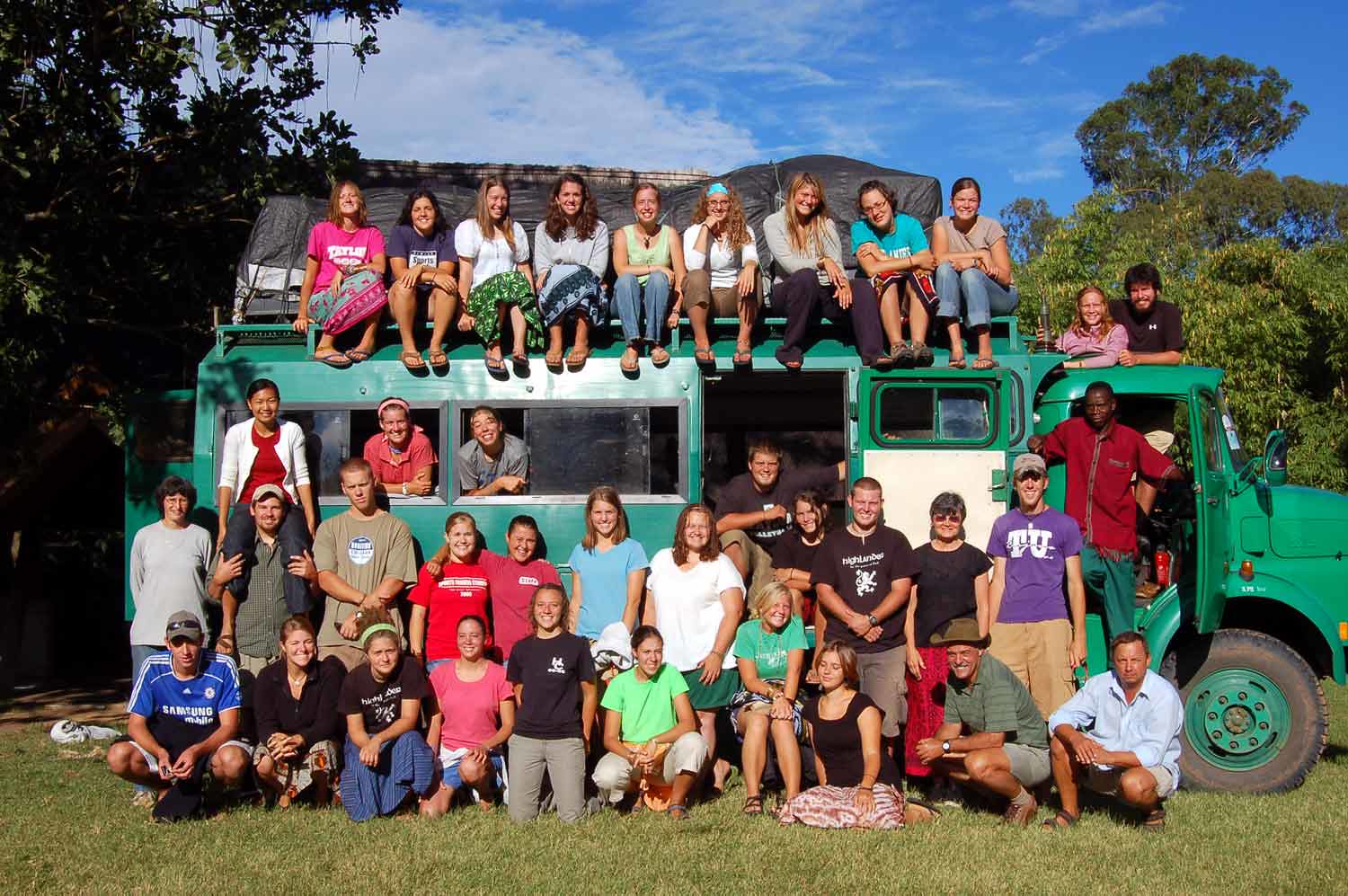

Great article Kelsey. It is always hard to come back.
Pingback: What is Study Abroad? | Voy
[…] there are steps that can be taken. It can be confusing to experience what is known as reverse culture shock, mostly because so many people don’t understand it or know how to talk about […]